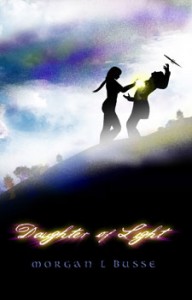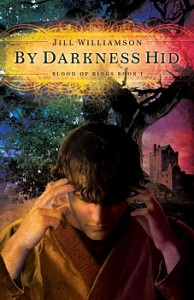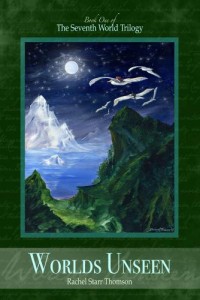How can we help our librarians choose more Christian fantasy fiction?
The children’s librarian in my library, Webster Groves Public Library, says she will buy a book I suggest:
* if it is published by a mainstream publisher
* if she can find a favorable nonbiased review in a publication she trusts such as Publishers’ Weekly, Library Journal, or similar publications,
* if there is money in the budget,
* if she perceives demand.
She will watch the track record of my suggestions to see whether to take me up on more of them. I suspect her policies are fairly typical.
(In fact, she is in the process of making a couple of purchases I suggested that meet her guidelines! I am very happy about that.)
The stumbling blocks for the Christian fantasy genre are the requirements that the purchased book be published by a mainstream publisher and reviewed in a journal like Publishers’ Weekly.
As I have mentioned before, mainstream publishers have been leery of this genre and haven’t picked up much of it. It doesn’t sell well at Wal-Mart and in Christian bookstores, where other more female-oriented Christian genres can be found. As a result, plenty of interesting works are out there that aren’t published by the mainstream publishing houses. They are being effectively sold over the Internet and through word of mouth, though. The genre has even got a moniker now: the “Lost Genre.” (See http://arjaybb.com/viewtopic.php?f=9&t=886 for more info on the “Lost Genre.”)
Many of the works being sold on the Internet are self-published. Publishers’ Weekly doesn’t review self-published works, and in fact reviews only a fraction of the books sent to it for review. So it’s pretty likely that at least some of the books I would like to suggest for my library would not be mainstream published and/or would not be reviewed in Publishers’ Weekly etc.
That doesn’t mean you can’t suggest these for your library though, dear reader. Your library may actually be more flexible than this. For example, I have a friend who buys books (for adults) for another municipal library in the St. Louis area, Dawn Y. At her library, Christian works are quite popular. In fact, I am wondering whether the popularity of Christian works at her library might have something to do with the increasing popularity of homeschooling. When I homeschooled, we spent a LOT of time at the library. Many homeschoolers are Christians.
Dawn answered my questions:
How do you choose which books to buy? I take into consideration the majority of our reader population, their likes and dislikes, the appropriateness of the material. I also look at reviews in 4 different main stream publications. I also am open to authors sending their own solicitations. I also check Fantastic Fiction.com, and Amazon and Barnes and Noble for upcoming works.
Do you ever choose a book that is self-published? Yes, if the author sends a good summary, etc. I have been approached a few times and have purchased them if I feel they have a market with our readers.
Do you ever choose a book that is available only on the Internet (Amazon etc.) but not in bookstores? I am somewhat restricted in that area, because we get our books through a book jobber and have a discount policy. We seldom get books from outside that system.
Roughly how many times must a book be requested by patrons before you decide to buy it?
There are a few variables with that—how many other libraries may have it, if I feel there will be enough call to warrant the cost.
I am particularly curious about the genre of Christian fantasy fiction. Are you aware of this genre at all? I have seen a few authors who might fall in this category. We have a couple of them and the genre is increasing in popularity. It seems anything Christian goes at our library.
 Daughter of Light
by Morgan L. Busse
Daughter of Light
by Morgan L. Busse

